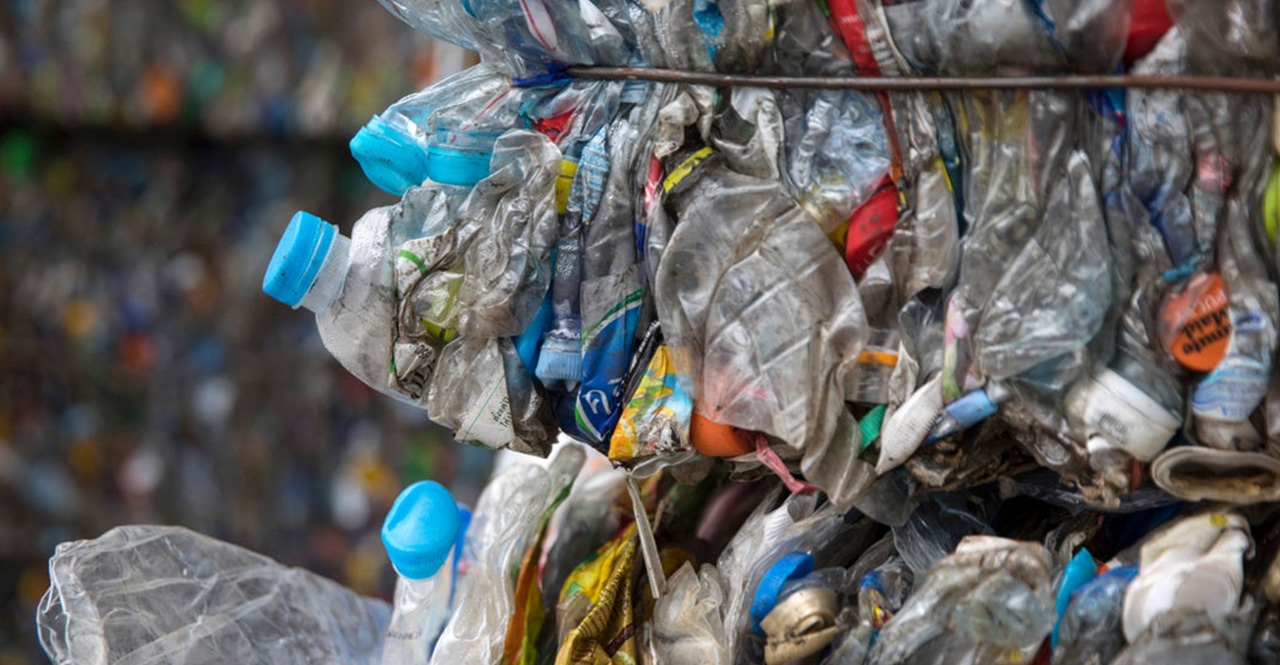Comprehensive Solutions for Industrial Waste Water Treatment by Reclaim Waste Melbourne
Comprehensive Solutions for Industrial Waste Water Treatment by Reclaim Waste Melbourne
Blog Article
Fostering Source Effectiveness and Environmental Protection Through Liquid Waste Elimination Programs
In the world of environmental stewardship, the monitoring of liquid waste stands as a vital point where source effectiveness and ecological protection assemble. Through a lens of aggressive involvement and strategic foresight, the landscape of fluid waste administration introduces a tapestry of challenges and possibilities that beckon us to discover the path in the direction of a greener and more lasting future.
Importance of Liquid Waste Elimination
The relevance of fluid waste elimination hinges on its important duty in protecting environmental wellness and guarding public well-being. Fluid waste, otherwise properly handled, can posture major risks to communities, water sources, and human health and wellness. Via reliable removal processes, hazardous materials such as pathogens, chemicals, and pollutants are prevented from infecting the setting and creating destructive impacts.
Appropriate fluid waste elimination also helps in protecting against the spread of diseases and decreasing the potential for groundwater contamination. By safely dealing with liquid waste, the risk of waterborne diseases and pollution-related health issues is considerably lessened - Liquid waste removal. Additionally, reliable elimination methods contribute to preserving the overall tidiness and aesthetics of communities, thereby enhancing the quality of life for homeowners
Moreover, fluid waste elimination plays a vital function in supporting lasting development and making certain conformity with ecological laws. By sticking to proper waste monitoring markets, services and protocols can minimize their ecological impact and demonstrate company duty. Eventually, spending in durable fluid waste elimination programs is essential for promoting ecological stewardship and promoting a healthier, much safer future for all.

Benefits of Effective Disposal
Efficient disposal of liquid waste not just safeguards ecological wellness and public well-being yet also generates many advantages that extend beyond instant control measures. Through procedures like recycling and energy recovery, beneficial sources can be extracted from fluid waste, advertising sustainability and reducing the pressure on raw products. Generally, the benefits of efficient fluid waste disposal are diverse, encompassing environmental protection, resource performance, and financial benefits.
Technologies for Waste Therapy
Utilizing sophisticated modern technologies for waste therapy plays an essential duty in guaranteeing the efficient management and safe disposal of fluid waste. One of the key innovations used in fluid waste therapy is biological therapy. This technique utilizes microorganisms to break down natural issue in the waste, converting it into safe byproducts. An additional usual technology is chemical therapy, where chemicals are contributed to the waste to neutralize dangerous parts or speed up impurities for elimination. Physical therapy techniques, such as purification and sedimentation, are additionally commonly made use of to divide solids from liquid waste.
In addition, thermal treatment approaches such as incineration can be employed for the complete destruction of harmful parts in fluid waste. Overall, the assimilation of diverse therapy technologies guarantees environmentally pleasant and thorough administration of fluid waste.
Role of Regulations and Compliance
In the realm of fluid waste management, adherence to regulative frameworks and compliance criteria is extremely important for safeguarding environmental wellness and sustainability. Rules play an important duty in regulating the appropriate handling, therapy, and disposal of liquid waste to avoid harm to environments and human wellness. By developing clear standards and criteria, regulative bodies ensure that companies and people associated with fluid waste administration run in an environmentally responsible manner.
Compliance with these regulations is not only a legal need however also a moral obligation to protect the environment for future and present generations. It entails applying best techniques in waste collection, therapy, transport, and this hyperlink disposal to minimize ecological impact and promote resource performance. Non-compliance can lead to penalties, legal activity, and reputational damages for companies, highlighting the importance of maintaining regulative standards.

Future Fads in Waste Administration

An additional crucial trend in waste management is the fostering of innovative information see post analytics and man-made intelligence to maximize waste collection courses, improve arranging processes, and boost total operational effectiveness. These technologies make it possible for waste monitoring firms to make data-driven decisions, bring about cost savings and ecological advantages.
Moreover, there is a growing emphasis on the growth of decentralized waste administration systems, such as onsite treatment facilities and mobile waste handling systems. These systems use versatility and scalability, permitting extra effective waste handling in diverse atmospheres.
Final Thought
Finally, cultivating source performance and environmental management through liquid waste elimination programs is critical for sustainable development. Effective disposal methods, advanced modern technologies for waste therapy, and rigorous laws play crucial roles in decreasing environmental influence. Looking in advance, continuous innovation and enhancement in waste management methods will be crucial for attending to the expanding obstacles of liquid garbage disposal.
In the realm of ecological stewardship, the monitoring of fluid waste stands as an address important time where resource effectiveness and environmental protection converge (Reclaim Waste Melbourne).Making use of innovative modern technologies for waste therapy plays an important role in ensuring the efficient monitoring and secure disposal of fluid waste.In the realm of fluid waste administration, adherence to governing frameworks and compliance criteria is vital for protecting environmental health and sustainability.In verdict, cultivating resource performance and ecological protection with fluid waste elimination programs is critical for sustainable growth. Looking in advance, continuous technology and enhancement in waste monitoring practices will be essential for resolving the expanding obstacles of liquid waste disposal
Report this page